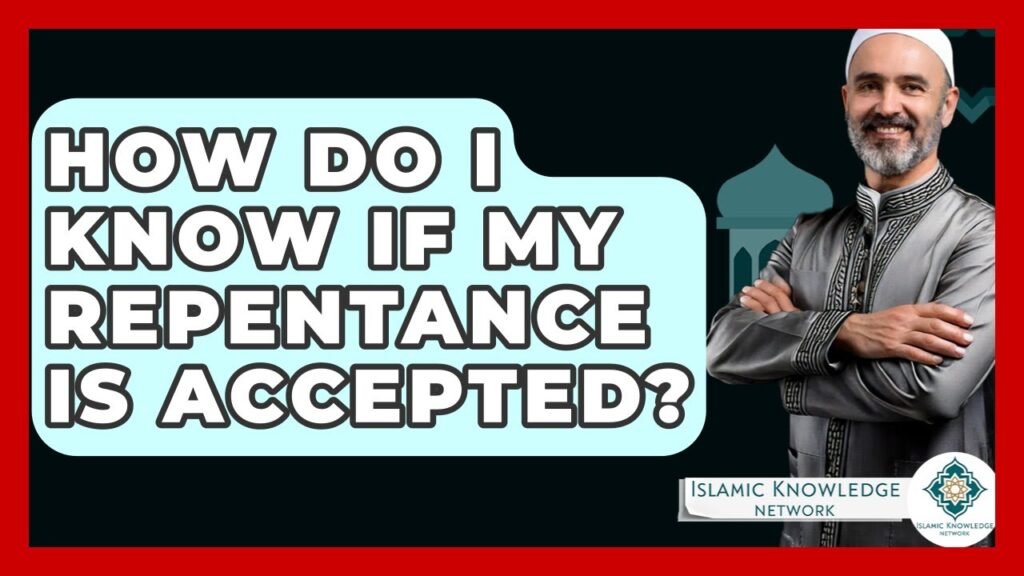You are here to read: Is Masha’Allah Found in the Quran? Explore the Truth Here! – A Thoughtfully Written Guide Offering Spiritual Wisdom and Travel Advice for Every Pilgrim who is going on holy journey of Hajj or Umrah.
Is Masha’Allah Mentioned In The Quran? – Islamic Knowledge Network
In the rich tapestry of Islamic expression, phrases like "Masha’Allah" hold profound significance. Often used by Muslims to show appreciation for a person’s achievements or blessings, it translates to "as Allah has willed." While this phrase is commonly uttered in daily conversations, many seek to understand its roots and relevance in the Quran. In this article, we delve into whether "Masha’Allah" is explicitly mentioned in the holy text and explore its broader implications within Islamic teachings.
At Airlink Hajj and Umrah, we are dedicated to providing you with comprehensive updates and insights into Hajj and Umrah, ensuring you stay informed on this important aspect of Islamic practice. Our blog is a treasure trove of knowledge, offering detailed explanations of religious expressions, rituals, and much more. Join us in this exploration of "Masha’Allah" as we enhance our understanding of its role in our faith and how it reflects our recognition of Allah’s will in our lives.
Is Masha’Allah Found in the Quran? Explore the Truth Here!
The phrase "Masha’Allah," which translates to "as God has willed," is commonly used by Muslims to express appreciation or admiration for something. However, many wonder if this specific phrase appears in the Quran. While "Masha’Allah" itself is not directly quoted in the Quran, the concept it embodies is prevalent throughout the holy text. The Quran emphasizes the belief in God’s will and power, similar to the sentiments conveyed by this phrase in daily use.
In the Quran, various verses highlight God’s omnipotence, reinforcing the essence of "Masha’Allah." For example, verses like Surah Al-Kahf (18:39) remind us that everything we possess is a result of God’s will and grace. Thus, while you won’t find "Masha’Allah" verbatim in the Quran, its intended meaning is echoed through numerous passages, encouraging believers to halt and acknowledge divine intervention in their lives.
For those seeking spiritual insights during Hajj or Umrah, our blog at airlinkhajjandumrah.com features comprehensive updates and articles to enrich your pilgrimage experience. Stay informed with us as you embark on this sacred journey!
You're at the middle of this awesome post at AirlinkHajjandUmrah.com through: Is Masha’Allah Found in the Quran? Explore the Truth Here!. Keep reading, it gets better!
FAQ on Is Masha’Allah Found in the Quran? Explore the Truth Here!
-
What does "Masha’Allah" mean?
"Masha’Allah" translates to "As God has willed" and is an expression used to show appreciation or admiration for something. -
Is the phrase "Masha’Allah" directly mentioned in the Quran?
No, the exact phrase "Masha’Allah" is not mentioned in the Quran, but the concept of God’s will is prevalent throughout the text.
-
Where does the phrase "Masha’Allah" originate from?
The phrase originates from Arabic and is commonly used in Islamic culture to acknowledge God’s will in relation to blessings or achievements. -
How is "Masha’Allah" typically used in daily life?
It is often used by Muslims when admiring someone’s achievements, blessings, or good fortune to acknowledge that it is through God’s will. - Are there similar expressions in the Quran?
Yes, the Quran often references God’s will and power, encouraging believers to recognize and submit to it in various contexts.
That wraps up Is Masha’Allah Found in the Quran? Explore the Truth Here!. Thanks for sticking with us till here! Share this: Is Masha’Allah Found in the Quran? Explore the Truth Here! with your friends.
Check our homepage at Air Link Hajj & Umrah for more awesome updates.
Some interesting posts are: 1: Umrah Mubarak, 2: When is Umrah closed 2026?, 3: When does Umrah start after Hajj 2026?
Mushu, an experienced Saudi Arabia traveler and writer, shares insightful tips and spiritual reflections to enhance Hajj and Umrah journeys for fellow pilgrims. He has been to Makkah and Madina from 2016 to 2023 many times and his posts will reflect this.







